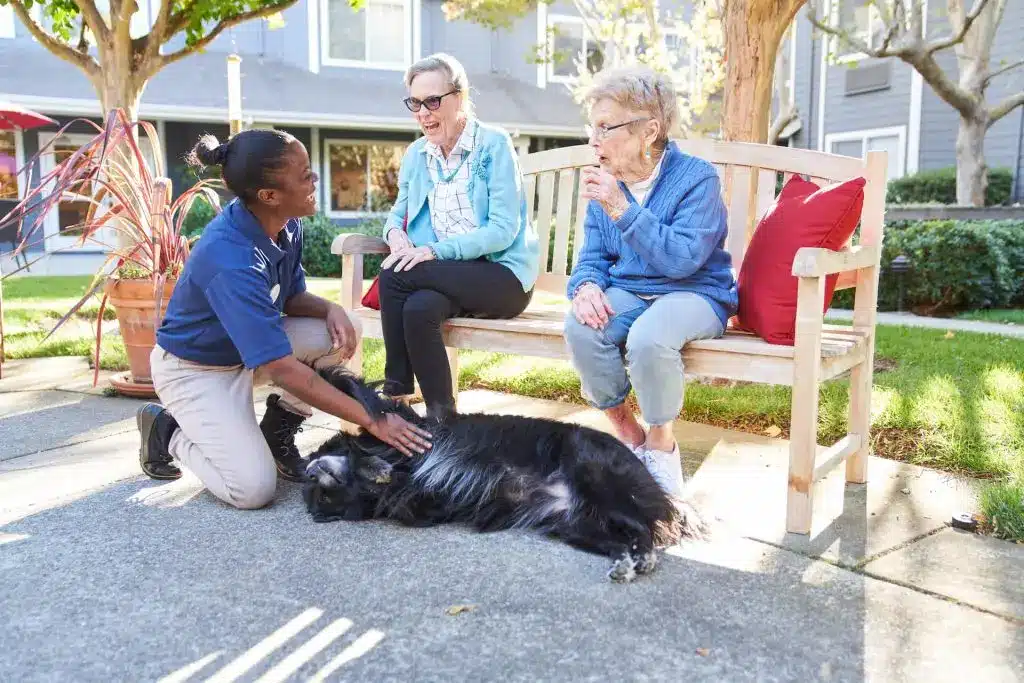Being Your Parent’s Caregiver
If your parent can no longer live on their own, you have the choice of caring for them yourself. Although caring for your parent can be rewarding, there are limitations that you need to consider before you commit to a life change like this. The most important consideration is that care should be consistent, and you need to be there for them. If you are working outside the home or have other family commitments, then this may not be an ideal solution.
Being their primary caregiver is a significant life change, so you need to consider the quality of life for both yourself and your parent. Can you live together? Will living together strain your relationship? How well do you get along? It’s best to be realistic before committing to this type of care.
Also, you need to consider the logistics of full-time caregiving. For example, you may want to consider things such as:
- Do you have enough space in your home?
- Is it safe for your parent to walk around or will they trip on children’s toys?
- Are there stairs to manage?
- Will you need to invest money and time into remodeling the house or bathroom?
- Can you realistically care for medical concerns and personal needs at home?
- Keep your parent’s best interest in mind if you are considering this option. Don’t let guilt guide this decision.
Living Close to Your Parents
If you decide to move your parent closer to where you live, you need to remember that they are leaving their network of friends and connections. Most caregivers dramatically underestimate how difficult and lonely it can be to adjust to a new town or neighborhood. Consider how you can help your parent build a social network if they move closer to you. Do they drive, or can they take public transportation? Is there a senior center nearby? Or would it be better for them to move to an assisted living community where they could meet other residents and take part in activities? There are good reasons to move your parent closer to you as they age. Being close by in case of emergency or to help is invaluable. We suggest that you make plans to smoothly transition your parent to their new home and find ways to keep them social, engaged, and happy.
The discussion of location can get a little more complicated when you are one of two or more siblings who are spread across the city, state, or country. In this case, you may wish to assess with your siblings just how much time and energy each of you are realistically able to devote to your parent. Of course, you should also consult your parent. They may have preferences in weather or even regional characteristics, which may mean your parent would rather live nearest their child inhabiting the warmest climate.

